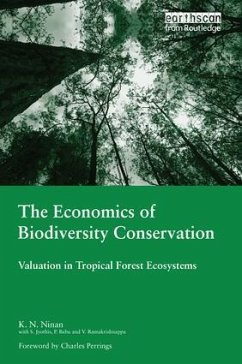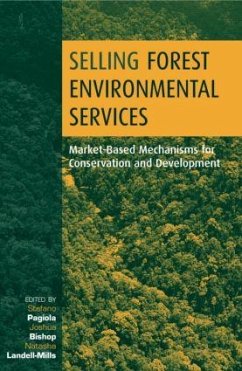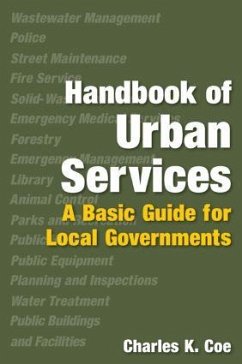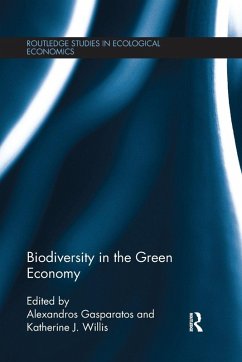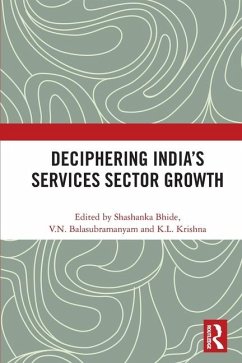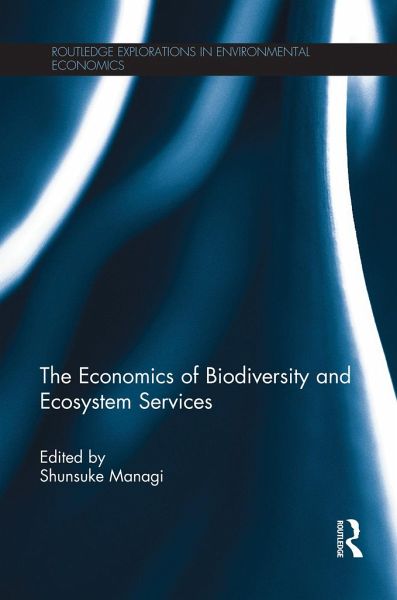
The Economics of Biodiversity and Ecosystem Services
Versandkostenfrei!
Versandfertig in 1-2 Wochen
59,99 €
inkl. MwSt.
Weitere Ausgaben:

PAYBACK Punkte
30 °P sammeln!
Ecosystems and biodiversity have been degraded over decades due to human activities. One of the critical causes is market failure: the current market only accounts tangible resources and neglects intangible functions, such as climate control and natural hazard mitigation. Under such circumstances in capitalism, land conversion and resource exploitation, which generate financial income, are highly prioritised over conservation, which is not necessarily beneficial in monetary terms. To halt ecosystem degradation, thus, the values of ecosystem services need to be visualised and economic instrumen...
Ecosystems and biodiversity have been degraded over decades due to human activities. One of the critical causes is market failure: the current market only accounts tangible resources and neglects intangible functions, such as climate control and natural hazard mitigation. Under such circumstances in capitalism, land conversion and resource exploitation, which generate financial income, are highly prioritised over conservation, which is not necessarily beneficial in monetary terms. To halt ecosystem degradation, thus, the values of ecosystem services need to be visualised and economic instruments for ecosystem conservation should be further developed. This book focuses on these two aspects and performs several studies, including valuation of ecosystem services, productivity analysis, institutional design of payment for ecosystem services (PES), impact assessment of reduction emission from deforestation and forest degradation (REDD), and economic experiment of mitigation banking scheme. From these analysis, economic values of ecosystem services are demonstrated from both supply and demand side, and the directions for improving economic instruments are indicated both directly and indirectly. As many of these analysis are usually conducted in the North America and Europe, this book is unique in geographical focus, namely, Japan, Asia and globe. Also, wide variety of ecosystems are targeted for studies; agricultural lands, forests, wetlands, and marine. Hence, this will be informative introduction for those who desire to study economics of biodiversity and ecosystem services in these regions and of these ecological zones.





